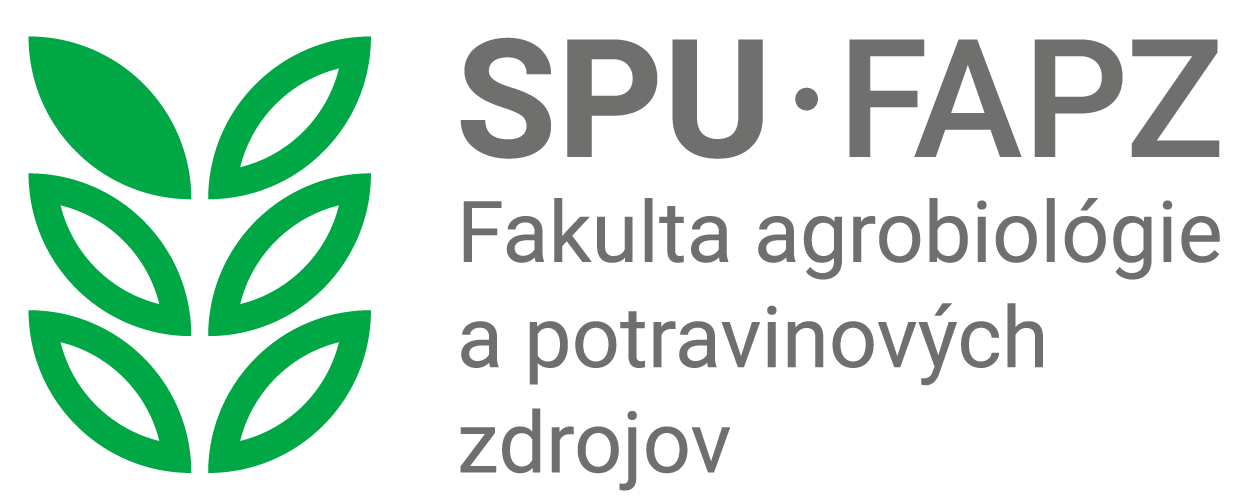Annual Congress of the European Association for Animal Sciences (EAAP), Porto, Portugal
20.09.2022, Porto, Portugalsko/porto3_720x960.jpg)
The 73rd Annual Congress of the EAAP, the largest zootechnical congress in the world in terms of number of participants and papers presented, was held in Porto, Portugal, from 5 to 9 September. The congress returned to Porto after two years, due to the fact that the year 2020 has been moved to virtual space due to the pandemic, and the Portuguese Association for Animal Sciences decided to organise the annual congress again.
The 73rd Annual Congress of the EAAP, the largest zootechnical congress in the world in terms of number of participants and papers presented, was held in Porto, Portugal, from 5 to 9 September. The congress returned to Porto after two years, due to the fact that the year 2020 has been moved to virtual space due to the pandemic, and the Portuguese Association for Animal Sciences decided to organise the annual congress again.
Porto is not only the second largest city in Portugal, but also a city with a great historical past, having been a UNESCO World Heritage Site since 1996. Agriculture is part of the Portuguese essence. Most of its traditions and much of its culture are based on agriculture as a primary sector. Agriculture, agri-food and beverages have traditionally been the basis of the Portuguese economy. This sector has reinvented itself in recent years and has developed new production techniques as well as new products. The sector is now one of the most innovative in the Portuguese economy and has been awarded several international prizes for its forward thinking and modern adaptation to global markets. Agriculture in Portugal is based on small to medium-sized family farms scattered around the country. Small-scale livestock production in Portugal is largely linked to local breeds. In this respect, Portugal has a total of 22 registered local breeds, most of which are old breeds and genetic heritage of great importance. Portugal's key crops are fruit and vegetables, largely due to the ideal climate for these crops. Portuguese production covers domestic consumption and is also sufficient for exports. The volume of exports in this sector is growing steadily and in 2016 reached EUR 6,3 thousand million, representing 11,3 % of the Portuguese economy.
The congress programme covered different areas of knowledge such as nutrition, genetics, physiology, animal health and welfare, livestock production systems, precision livestock breeding, insect production and utilization, cattle, horses, pigs, sheep and goats. These topics were full of innovations and the latest scientific results to guide livestock production in the right direction.
The EAAP Annual Meeting is always an opportunity to put new ideas into practice through its many parallel sessions, plenary session, poster presentations and discussions on scientific advances in livestock production worldwide.
In the case of the EAAP Congress, it is a privileged discussion forum where the research community meets with industry to discuss and plan how to address the numerous challenges facing the animal science industry in the coming years.
Slovakia were represented at the EAAP congress by prof. Ing. Radovan Kasarda, PhD. and doc. Ing. Nina Moravčíková, PhD. from FAFR, SUA in Nitra. Slovak University of Agriculture in Nitra is regular member of EAAP representing Slovak Republic. At the conference were presented results in the field of precision livestock farming and the use of digital technologies in the assessment of growth and claw health in cattle. Results of research on genetic diversity of mtDNA in Lipizzaner horses were also presented. A joint session on genomic evaluation was held at EAAP, co-organised by FABRE-TP, a consortium of which we as a university are a member. In addition to the scientific sessions, a meeting of the Central and Eastern Europe Working Group was held and an invitation to the EAAP Regional Congress for Central and


, Porto, Portugalsko/porto1_1280x812.jpg)
, Porto, Portugalsko/porto2_537x960.jpg)
, Porto, Portugalsko/porto4_1194x960.jpg)